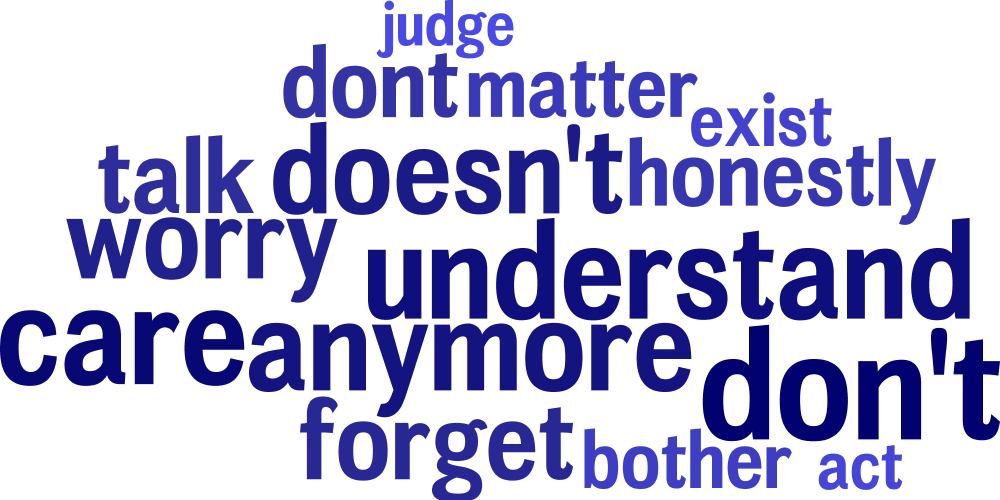
What Can Twitter Reveal About People With ADHD? Penn Researchers Provide Answers
What can Twitter reveal about people with attention-deficit/hyperactivity disorder, or ADHD? Quite a bit about what life is like for someone with the condition, according to findings published by University of Pennsylvania researchers Sharath Chandra Guntuku and Lyle Ungar in the Journal of Attention Disorders. Twitter data might also provide clues to help facilitate more effective treatments.
“On social media, where you can post your mental state freely, you get a lot of insight into what these people are going through, which might be rare in a clinical setting,” said Guntuku, a postdoctoral researcher working with the World Well-Being Project in the School of Arts and Sciences and the Perelman School of Medicine’s Center for Digital Health. “In brief 30- or 60-minute sessions with patients, clinicians might not get all manifestations of the condition, but on social media you have the full spectrum.”
Guntuku and Ungar, a professor of computer and information science with appointments in the School of Engineering and Applied Science, the School of Arts and Sciences, the Wharton School and Perelman, turned to Twitter to try to understand what people with ADHD spend their time talking about. The researchers collected 1.3 million publicly available tweets posted by almost 1,400 users who had self-reported diagnoses of ADHD, plus an equivalent control set that matched the original group in age, gender and duration of overall social-media activity. They then ran models looking at factors like personality and posting frequency.

“Some of the findings are in line with what’s already known in the ADHD literature,” Guntuku said. For example, social-media posters in the experimental group often talked about using marijuana for medicinal purposes. “Our coauthor, Russell Ramsay, who treats people with ADHD, said this is something he’s observed in conversations with patients,” Guntuku added.
The researchers also found that people with ADHD tended to post messages related to lack of focus, self-regulation, intention and failure, as well as expressions of mental, physical and emotional exhaustion. They often used words like “hate,” “disappointed,” “cry” and “sad” more frequently than the control group and often posted during hours of the day when the majority of people sleep, from midnight to 6 a.m.
“People with ADHD are experiencing more mood swings and more negativity,” Ungar said. “They tend to have problems self-regulating.”
Continue reading on Penn News.
